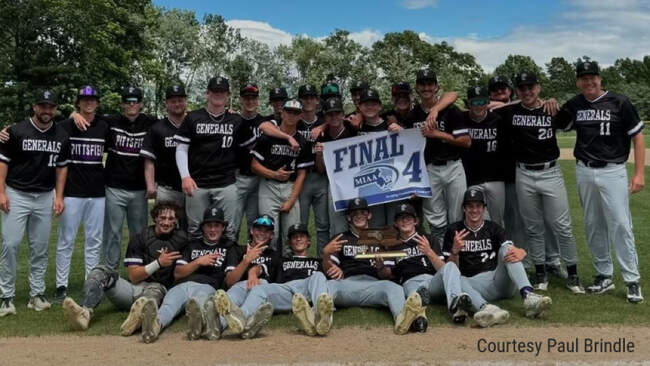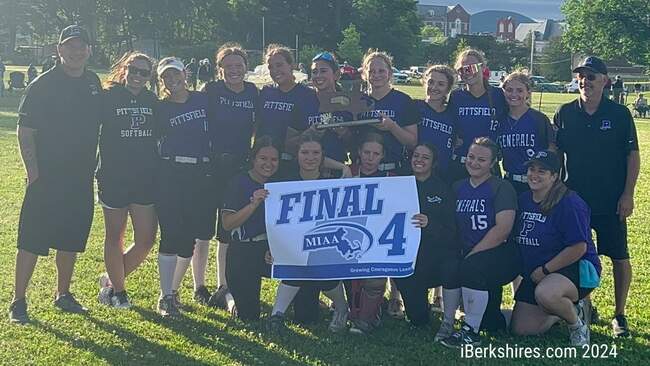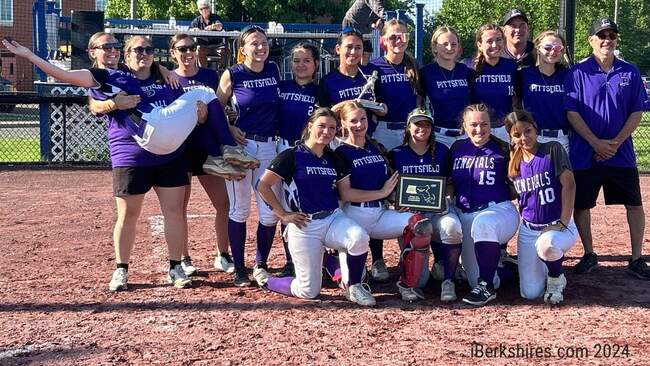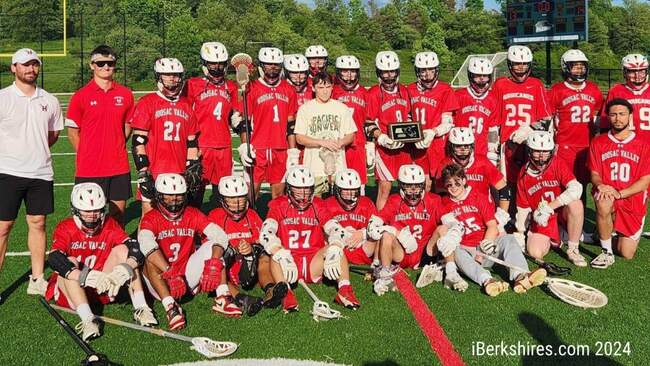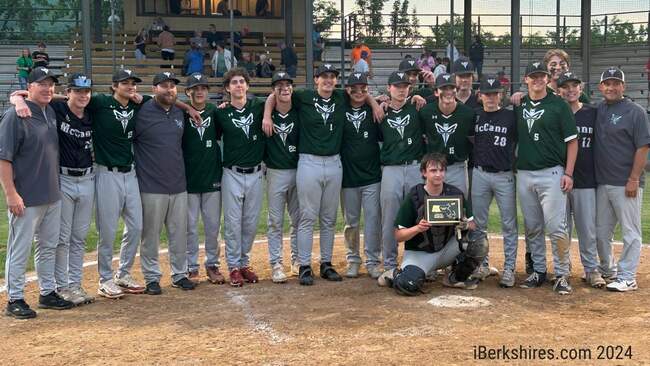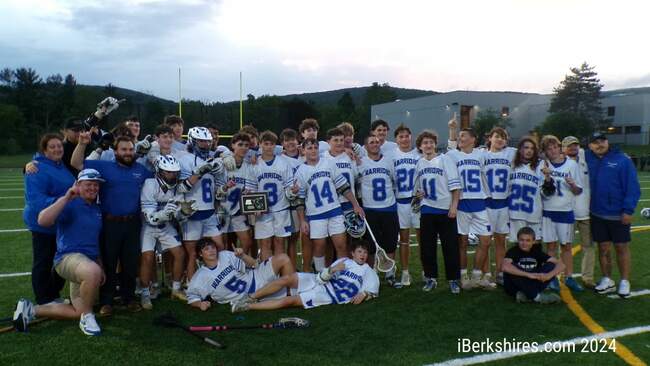
SVHC Foundation Hires Senior Gifts Officer
 |
BENNINGTON, Vt. — The Southwestern Vermont Health Care (SVHC) Foundation has announced the appointment of Stephanie Bosley, MPA, as senior gifts officer.
Until recently, Bosley was the director of Community Partnerships at the Berkshire Community Action Council (BCAC) in Pittsfield, MA. In her new role, Bosley will support the SVHC Foundation in its mission to raise funds for SVHC.
"Stephanie is a highly experienced professional with a proven track record of delivering results for the region’s most important causes," said SVHC’s Vice President for Corporate Development Leslie Keefe. "We are delighted she has joined our team, and her enthusiasm and expertise will have a very positive impact on our fundraising efforts to help us fulfill our mission of providing exceptional care to our community."
Bosley received a bachelor’s degree in political science from the University of Massachusetts, Amherst, and a master’s degree in public affairs from University of Massachusetts, Boston. In addition to her work at BCAC, she has also worked in member services for 1Berkshire in Pittsfield, MA; as a community manager for the American Cancer Society in Holyoke, MA; and as a community development specialist for the Town of Adams, MA.
She has volunteered on the board of directors for the Nonprofit Center of the Berkshires and Hoosic River Revival and in leadership roles with Relay for Life of Northern Berkshire, the North Adams Steeple Cats, Berkshire Business Professional Women, and the Berkshire County Commission on the Status of Women. Bosley was a Berkshire Community College "Forty Under 40" honoree in 2019.
"As a person who has used services at SVHC, I was grateful to have access to award-winning care in our community, especially with the birth of my son," Bosley said. "That’s why I am so pleased to commit my professional efforts to the SVHC Foundation and the work they do to support access to quality care region wide."
Bosley lives in North Adams, MA, with her husband, son, and dog.
The SVHC Foundation has recently launched the public phase of the Vision 2020: A Decade of Transformation Capital Campaign, which has raised nearly $24 million of its $25 million goal over the past 4 years. The project includes the renovation and expansion of the institution’s Emergency Department and the construction of an all-new regional Cancer Center.
The new Kendall Emergency Department and Hoyt-Hunter Regional Cancer Center will impact care for residents of southern Vermont, northern Berkshire County, and eastern New York. Those interested should visit svhealthcare.org/vision2020 for additional details.

Tags: gifts, SVMC,

